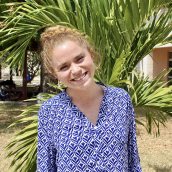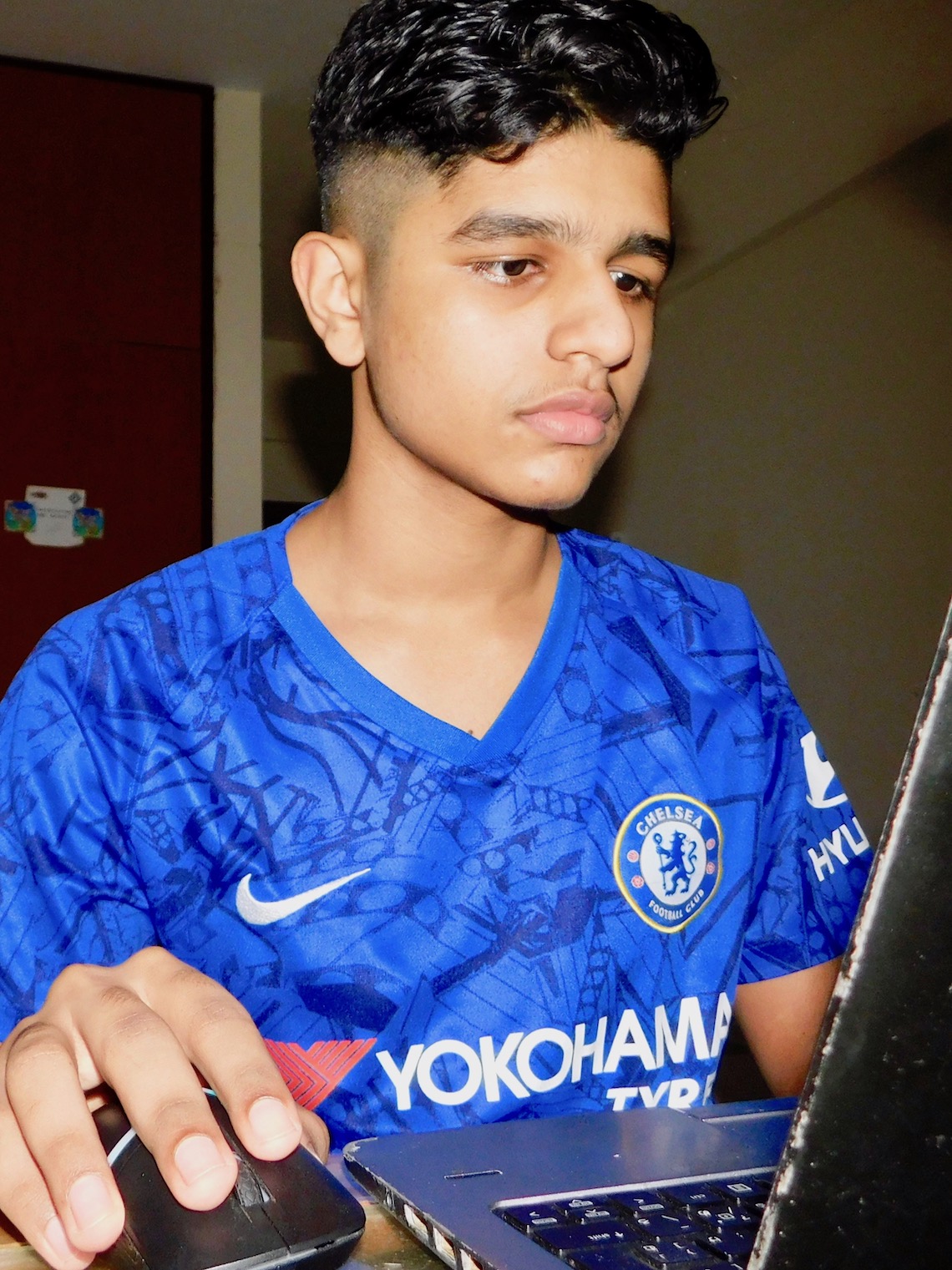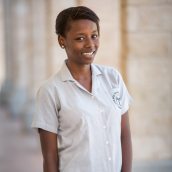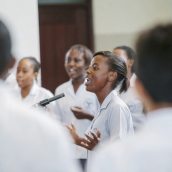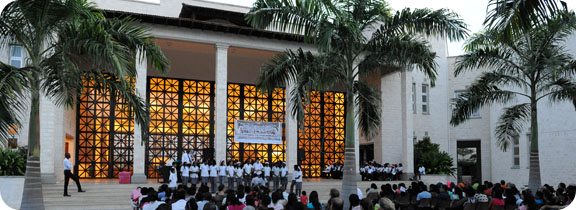
History
In 2000, His Highness the Aga Khan initiated the establishment of the Aga Khan Academies, an integrated network of schools dedicated to expanding access to the highest standard of education in countries in Africa, South and Central Asia, and the Middle East.
The Aga Khan Academies are an agency of the Aga Khan Development Network (AKDN), which is chaired by His Highness the Aga Khan. The AKDN has a long history of involvement in education in countries of the developing world, with the first schools now under the AKDN umbrella having been founded in 1905 in India and Zanzibar. Currently, AKDN agencies operate more than 240 schools and educational programmes ranging from early childhood through to post-graduate education.
Establishment of the academies
In 2003, the first of approximately 18 planned Aga Khan Academies opened in Kenya on an 18-acre site in the Kizingo area of Mombasa. The Aga Khan Academy (AKA) Mombasa has already established a highly successful track record, with its students placing among the top tier worldwide in academic performance.
The Aga Khan Academy Hyderabad is the second to be established and opened with its first intake of students in August 2011. As with all the Aga Khan Academies, AKA Hyderabad selects students of all socio-economic backgrounds who show promise in academic and other areas, and who demonstrate good character and serious intent.
A third Aga Khan Academy, in Maputo, Mozambique, opened in August 2013 with its lower primary school.
Future academies
The other Academies are at different stages in the planning and development process.
Clare McLaughlin: Encouraging growth at the Academy
Before we enter the 2019 – 2020 academic term, we would like to spotlight a few staff from AKA Mombasa who are going on to pursue new adventures in the upcoming academic year. Here, we take a look at Academy fellow Clare McLaughlin and her two years at the Academy.
Clare McLaughlin is from Warren, Vermont and was an Academy fellow at the Aga Khan Academy Mombasa. Clare was focused in the Service Learning programme
and involved in other programmes around the Academy.
During her time at the Academy, Clare said she is grateful for the various people she was able to work with.
“My time at AKA Mombasa has been an incredible opportunity to learn and grow,” Clare said. “Foremost I’ll miss the students who were immeasurably thoughtful, hilarious and motivating. Students were the center of everything I did and valued in my time at the Academy so I’ll miss them the most. I’ll also miss the friendships I’ve made with staff across the Academy - from the Administration block to the dorms - the Academy staff always kept me laughing and learning.”
Clare said she was able to recognise the value of pluralism at the Academy, which she believes will help her in her future.
“I feel fortunate that on each team I worked with, I heard different perspectives and had to challenge myself to see problems and solutions from every angle,” Clare said. “I value this immensely and will carry with me this standard of listening and collaboration.”
Throughout her fellowship, Clare said she enjoyed the opportunities she was given to work on various projects and programmes, while also improving the Service Learning programme for the years to come.
“The best part of the fellowship is its flexibility to try new things, work with an array of groups and interests in the Academy, and propose creative solutions to challenges,” Clare said. “I especially enjoyed serving as a mentor, working on the girls’ football programme, working on the Exchange Programme with the Academy in Hyderabad, and working to make Service Learning more community-centered, effective and sustainable.”
For her next adventure, Clare said she plans to go back to school for her Master’s degree.
“I am attending Stanford University to pursue a Master’s degree looking at education for sustainable development,” Clare said.
George Kamau Gachoya, an Environmental Systems and Societies teacher at the Academy who Clare worked with as a teacher’s assistant, said he admired Clare’s work ethic and the various new ideas she introduced to his class.
“Clare is a diligent and an outspoken person with whom I have had an opportunity to work with in the last two years as my protégé in the ESS class,” George said. “She is meticulous in planning; the resources she prepared for the lessons she helped deliver were always enriching and promoted deeper understanding of concepts. She introduced Freakonomics radio to the class and organised for class discussions initiated by students on hot environment topics of the week that they could pick from the media. She is friendly, but also very firm when dealing with students. Her keen eye could quickly pick students who were not using their lesson time productively.”
Marrabenta Day Celebration
To celebrate Marrabenta Day on Friday, 11 February 2022, the Aga Khan Academy Maputo invites all students to come to school in local traditional clothes. The Academy will host an assembly and several activities to celebrate this local tradition with our entire school community.
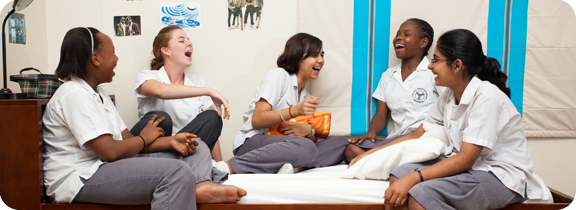
International Exchanges
As the network of Aga Khan Academies becomes established, we will offer our students the opportunity to broaden their experience through exchanges with other Academies.
The Aga Khan Academy, Dar-es-Salaam will include an international exchange programme as part of the Senior School curriculum. This will provide our students with the opportunity to study for an extended period in another of the approximately 18 (planned or currently under development) Academies in Africa, South and Central Asia, and the Middle East.
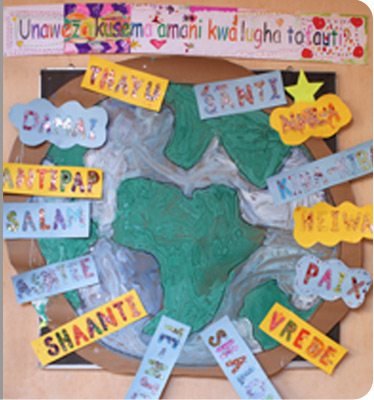 Campus Life
Campus Life
Students from Dar-es-Salaam who go on exchange to another Academy will live in residential facilities in a safe, secure campus setting.
Campus life is an important part of the international exchange programme. Many of the least tangible but most important elements of an education—the development of practical leadership skills, the capacity to make ethical judgments, the ability to navigate through complex cultural settings—are formed outside the classroom. Mealtimes and other informal gatherings offer opportunities for discussion, meetings, language tables and study groups.
Benefits of Study Abroad
The International Baccalaureate programme will be implemented at all Aga Khan Academies. The common curriculum will allow students to study abroad without facing uncertainties regarding compatibility of course study or examinations.
While English is the medium of instruction at all Academies, our students are required to study another language as well. Foreign language learning will be greatly enhanced by immersion in that language through the exchange programme.
Students will also learn to appreciate and respect other nationalities, cultures and intellectual traditions through direct contact with people in other countries. They will broaden their worldview and learn to be at ease in multicultural settings.
For further information on the educational programme offered at the Aga Khan Academy, Dar-es-Salaam, please visit the Academic Programme page.
Mary Favour (Class of 2015): Ambitions to build a better future
For a while, getting an education was a process for Mary Favour. She would rise early in the dark – at 4:00 am – and make the long trek to school on foot with her three siblings, arriving at around 6:30 am each day. By the time they returned home to Mombasa, it was 7:00 pm. The rest of the evening was spent helping their mother around the house and finishing their homework.
It wasn’t easy, Mary recalled.
“My sisters and I grew up with a single mother,” she said. And resources were tight.
When the electricity bill wasn’t paid, the Favour children would study under the dim glow of a kerosene lamp or by candlelight. The four siblings had limited school supplies and relied on Mary for many of their study materials.
“We got awarded books if we topped the class,” she explained. “Sometimes we’d get textbooks, other times we’d get storybooks or novels. It was an incentive that the teachers had to motivate students.”
A new opportunity at the Aga Khan Academy Mombasa
Despite the obstacles, Mary said her mother was determined for her to succeed. She pooled her resources to give Mary a much-needed laptop in grade 9. By then, things had begun to turn around – Mary had received a full scholarship to study and live at the Aga Khan Academy Mombasa as part of its Talent Identification Programme, a programme that provides students from more disadvantaged backgrounds the opportunity to attend the Academy on full scholarship. She would graduate in 2015 and go on to study at the University of Toronto in Canada, also on full scholarship.
Now a second-year student at university, Mary hasn’t forgotten her difficult upbringing or her roots. In fact, the struggle to get an education early on has instilled in her a strong desire to give back to her community and help others like her get a shot at a better life.
“Six years of growth, skill and a good education” at the Academy was “a gift,” Mary said. “I want to [give] a gift to someone else.”
In particular, she’s learned the importance of independence, humility and sacrifice – lessons she put to use during her Academy days.
Mary joined the Aga Khan Academy in 2009 as part of the first batch of students in the Talent Identification Programme. While there, she participated in a range of activities, including choir, soccer and debate, with the same level of perseverance her mother had taught her. She quickly excelled academically, becoming an honors student in grade 10, and also challenged herself in extracurriculars – musically in competitions and as the assistant captain of her hockey team.
Helping others through community service
Beyond this, Mary fostered a passion for community service and activism rooted in her desire to help outsiders fit in. She led the ‘Just Say No’ initiative, a programme focused on rehabilitating primary school girls in Mombasa who had turned to prostitution in large part to support their families financially.
She worked with these girls for three years, exposing them to the same opportunities she and other students had the privilege of in their own education, including sports and debate. She hosted workshops on public speaking and art, as well as sessions with counsellors and strong female mentors, and invited the girls to perform at the Academy’s talent competition.
“The aim was to help them feel integrated into society but at the same time equip them with skills that would make their education holistic,” Mary said. The mission was especially important, she said, because of the gender gap she saw in Mombasa’s primary schools and the way in which this unfair system contributed to larger problems down the line.
“That inequality creates an imbalance that marginalizes women in our society,” Mary said.
Under her leadership, the club received three awards and became one of the most successful student groups on campus.
Supporting other students to succeed
In addition, Mary founded the ‘I Know Who I Am’ initiative, a programme that integrates scholarship students like herself into the Academy community while understanding that they needed to “stay in touch with home and not forget their society,” as Mary explained.
“I wanted to celebrate the diversity that came with these students but at the same time make sure that they don’t lose themselves,” she said. So she ran workshops on pluralism and open-mindedness, ate food and played games the students would recognise from home and “held discussions on what it meant to be part of a community but remain true to yourself.”
In the summer of 2017, Mary interned with the Students for International Development. The non-profit organisation was founded and is run by students. While there, she worked with the Orphan Sponsorship Programme as project manager for about two months. Mary and her team focused on the Simboyi Primary School in Vihiga, in the west of Kenya. They were in charge of the remedial education project for orphans and also worked on projects to support students financially.
After conducting interviews with some of the students in Vihiga, Mary and her team developed a means by which to help them be better equipped to reach their full potential. According to Mary, a number of the students came from families that were struggling to make ends meet. Some, she recalled, told her they only had one meal per day, which usually consisted of just ugali or porridge. Others said they didn’t eat at all. Further, a number of those who performed well in class were unable to pay for their exams and had to sit them out instead.
With Mary’s help, the organisation created a scholarship to help these students. The award, which she said covers basic health care, one meal a day, a yearly uniform and exam fees, will be able to assist 55 students during the current academic year at Simboyi. The hope is that the sponsorships will continue into the next year if budget and fundraising allow.
Real-time results and change like this mean the world for Mary, not least because she knows firsthand what it’s like to have the academic situation and resources not in your favour.
“I was a child with big dreams and no way of actualising them until I joined the Academy,“ she said. “I want to be for someone else what the Academy was to me.”
Catalyzing change for a better future
Mary believes education is one of the best tools to rid our societies of poverty, and she’s determined to be in a position to support students so they have better paths forward at their disposal than what she had. That’s why she plans on returning to Kenya after she’s obtained the necessary experience and skillset to properly give back to her country and community.
Currently majoring in human geography and diaspora and transnational studies and minoring in African studies, Mary thinks that, through the study of cultures and international development, she can better understand how to bridge the gap between rich and poor at home. Her hope is to protect the rich cultural diversity of Kenya but also contribute to changing the country so that it is better able to develop and sustain itself and compete and interact on a global scale more effectively.
“Kenya is at such a pivotal moment in the making of African history,” she said. “It has so much potential. I just want her to maximize her potential. I want to help her do it.”
Mary is uniquely positioned to kickstart such a change at home. Her pluralistic perspective on the world and passion for country could be just what Kenyans need to motivate their leaders to be better and to take action to institute real change. And if her triumphs at the Academy are any indication, Mary’s motivation may just be contagious.
By Farah Mohamed
Last day of classes
The last day of classes for the Aga Khan Academy Maputo is on 11 June 2021. Primary Years Programme students will be released early at 12 pm.
International football camp: 8-19 October 2018
80 students from grades 6-11 are participating in an intensive residential football camp organised by the Aga Khan Youth Sports Board, run by four seasoned professional coaches from UK and Canada.
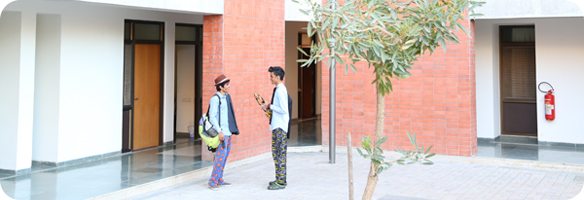
Living on Campus
Residential life at the Academy complements and extends the academic experience. Our residential programme includes a broad selection of activities and leadership opportunities to enhance students’ learning and growth.
The Academy’s residences include facilities to accommodate both students and teachers. Our residences house boarding students requiring accommodation as well as those participating in international exchanges between the Aga Khan Academy Hyderabad and other Academies and schools.
Teachers' quarters on campus house both resident and visiting faculty.
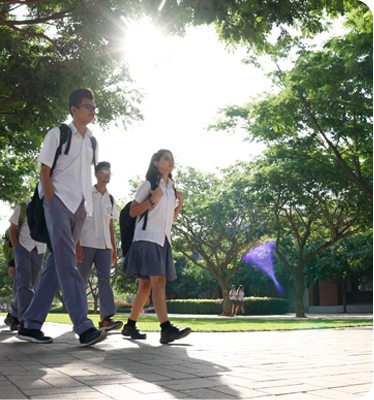 Learning beyond the classroom
Learning beyond the classroom
Our residential programme is about the learning and growth that comes through constant interaction with a diverse and talented group of teachers and peers.
Mealtimes and other gatherings provide our residential students with opportunities for informal interaction as well as for discussions, meetings, language tables and study groups.
The focus of the residential experience is on students’ intellectual, social, spiritual and physical growth in a structured and ethical environment. Many of the least tangible but most important elements of an education – the development of practical leadership skills, the capacity to make ethical judgments, the ability to navigate through complex cultural settings – are formed outside the classroom.
The safe and secure environment of the Academy’s boarding facilities gives students of all backgrounds the opportunity to thrive emotionally, intellectually and physically.
Academies student exchange launched - applications due by 22nd April
Grade 8 students and parents are encouraged to apply for the inaugural student exchange to Aga Khan Academy Mombasa! For questions, email
student.exchange@agakhanacademies.org.
